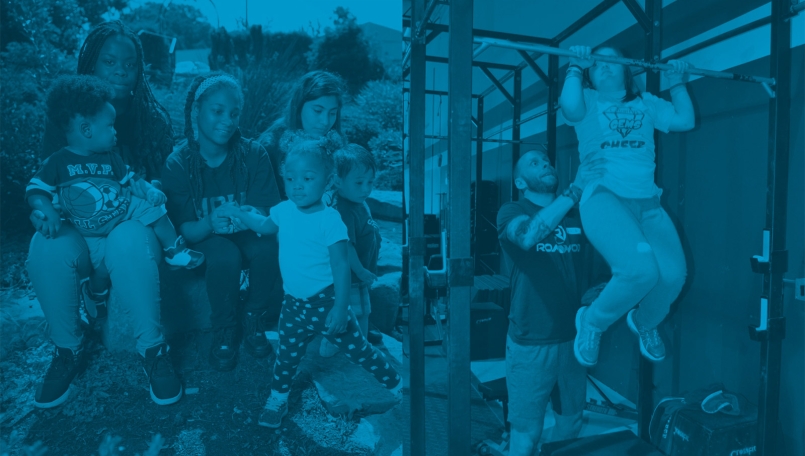Dutchess County Department of Behavioral & Community Health Stabilization Center
2019 NACo Achievement Award Winner
Dutchess County, N.Y., NY
Best In Category

Contacts

QUESTIONS?
Contact Awards@NACo.org
About the Program
Category: Health (Best in Category)
Year: 2019
Dutchess County, like so many communities across the nation, faces a severe opioid crisis. Concurrently, we continue to serve a large population of individuals struggling with mental illness because of the closing of two psychiatric centers and one developmental center located in Dutchess County. To help address these co-occuring and interrelated challenges, as well as the needs of the greater community, we built the Dutchess County Stabilization Center, a one-of-a-kind walk-in non-medical urgent care facility. The Center, offering a hub for people of all ages to access an integrated team of clinicians, peer specialists, and medical professionals with the mission to divert those feeling overwhelmed due to substance use, mental illness and/or other life issues away from unnecessary emergency room visits or the criminal justice system.The Stabilization Center, a 24/7/365 100% voluntary walk-in or drop off (for law enforcement) hub, for people of all ages to access an integrated team of clinicians, peer specialists, and medical professionals – e.g. nurses, prescribers for emergency bridge prescriptions – when they’re experiencing crisis due to a variety of reasons.The Center serves as a single point of service where individuals can receive crisis counseling, mental health assessments, supervised outpatient withdrawal services, addiction and substance use counseling, and peer advocacy and supports. Individuals who utilize the menu of services at the Center are expected to benefit from supportive counseling and interventions, decrease mental health symptoms, make more rational decisions about their life and treatment and engage in treatment for mental health and/or substance use by accepting linkages to community services. It is a trauma-informed welcoming environment where individuals and families can explore recovery 24/7/365.Primary outcomes are to decrease emergency department visits and contacts with the criminal justice system resulting in unnecessary incarcerations.Future plans include the implementation of an OASAS grant to secure a prescriber with the primary goal to increase access to Medication Assisted Treatment (MAT) services, focusing on the opioid epidemic.